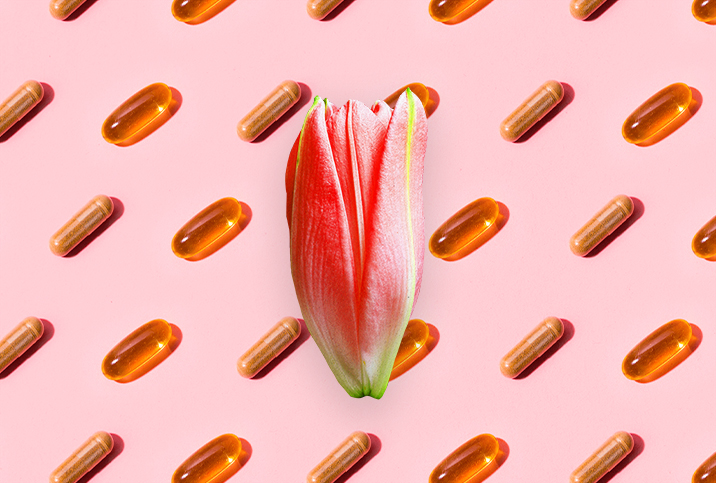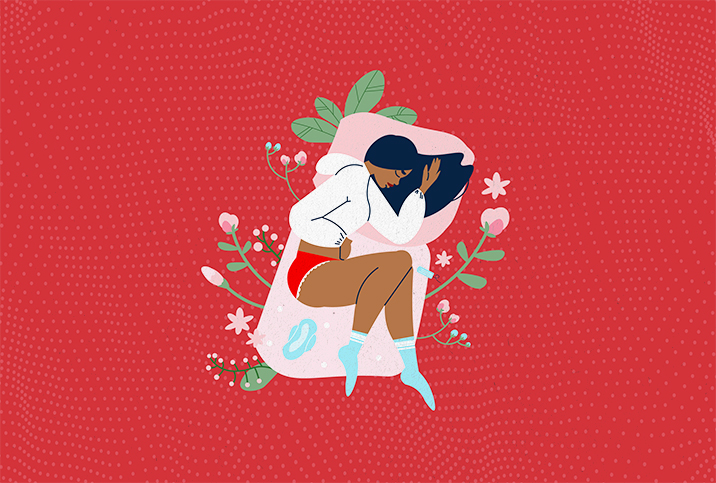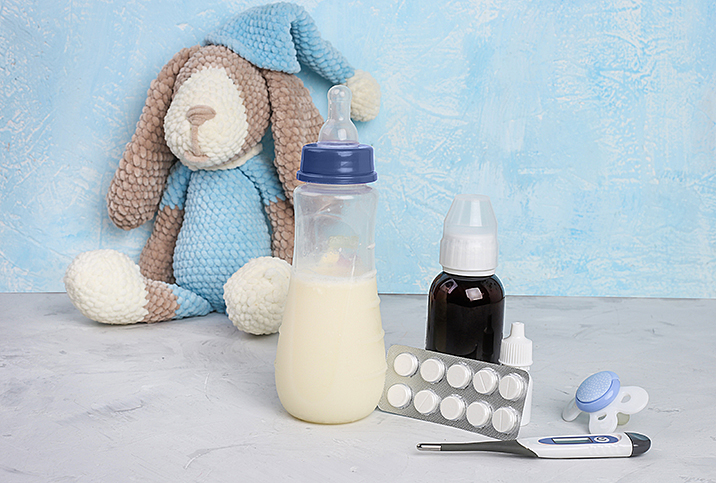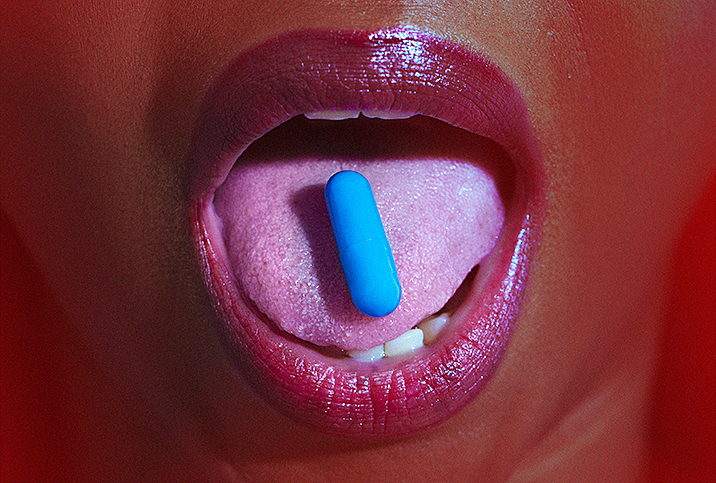Do Supplements Support Vaginal Health?

During the past few years, we've seen a rise in vaginal products that are marketed as improving vaginal health and comfort. Period underwear, organic cotton towels and CBD tampons are some of the most popular options, and the market is growing.
Now we are seeing a selection of vaginal probiotics, supplements and vitamins on the shelves of grocery stores, pharmacies and health food stores. How much can you trust these products to deliver on their claims? Let's explore the truth.
Why are these products on the rise?
Approximately 138 million women worldwide are affected by recurring vaginal yeast infections and this number is likely to increase over coming years, according to a 2018 systematic review published in the Lancet medical journal.
Douches, scented sprays and bath bombs, synthetic underwear, forgotten tampons and sexually transmitted infections (STIs) are all common causes of vaginal infections. If someone is suffering from a current or recurring vaginal infection, they may turn to vaginal probiotics or supplements as a cure. Many of these products are taken orally, while some are inserted into the vagina.
"Common vaginal infections can cause symptoms such as soreness, itchiness and an abnormal vaginal discharge, and you should really make an appointment with a doctor if you are experiencing these," advised Shirin Lakhani, M.B.B.S., D.R.C.O.G., an intimate health expert and founder of Elite Aesthetics, a cosmetic skin clinic in Kent, England.
However, not everyone who purchases vaginal supplements or probiotics is dealing with a current vaginal infection. Some people may use these products as a preventive measure and to provide peace of mind.
Do vaginal probiotics, supplements and vitamins actually work?
The vagina's natural pH level is around 3.8 to 4.5, but many factors can raise this number and make it a host for bacteria, fungi and yeast to spread. Many vaginal supplements on the market today claim to contain strains of "good" bacteria to maintain the vagina's natural balance and prevent an imbalance.
While this may sound like a beneficial product on paper, many doctors have their doubts about the legitimacy of probiotics and supplements.
"The vast majority of over-the-counter supplements and probiotics are unproven for improving vaginal health," said Nitu Bajekal, M.D., a gynecologist in North London and co-author of "Living PCOS Free."
These supplements can interact with a person's medications and, in some cases, disturb the growth of healthy vaginal bacteria, Bajekal stated.
Vaginal dryness can sometimes be caused by a vitamin deficiency, so it's important to check in with your doctor if you're experiencing this condition.
While Lakhani doubts taking an oral supplement for vaginal health would result in an imbalance, she does fear that placing them directly into the vagina can cause more harm than good—and many supplements on the market are taken vaginally.
Inserting any foreign object into the vagina, whether it contains natural ingredients or not, could upset the balance of bacteria in the vagina. This can have the opposite effect that many people expect by leading to or worsening a preexisting vaginal infection.
"The vagina does not really need specific vitamins or supplements," Bajekal said. "It's a self-healing and self-cleaning part of the body that benefits best when harsh, chemical-laden vaginal washes, soaps, perfumed toiletries and vaginal inserts of yogurt or garlic and supplements—even if advertised as natural—are avoided."
On the other hand, vaginal dryness can sometimes be caused by a vitamin deficiency, so it's important to check in with your doctor if you're experiencing this condition. Although taking a specific vaginal supplement is unnecessary, taking a high-quality multivitamin alongside a daily dose of vitamin D may help relieve symptoms in some cases.
Instead of supplements, try this…
It's becoming more common for patients to diagnose and treat themselves at home, which could be partly due to fear or embarrassment of talking about vaginal health with their doctor. This is a growing concern, because getting the correct diagnosis is vital to getting the right treatment. Without knowing the cause, symptoms are unlikely to subside, which can result in further pain, discomfort and distress.
If your symptoms are caused by a sexually transmitted infection, this could lead to pelvic inflammatory disease (PID) and infertility if not treated by a medical professional. Lakhani said recurring symptoms can also be caused by a skin condition called lichen sclerosus, which is often mistaken for thrush. While there's no cure, your doctor may prescribe a steroid cream and recommend personalized treatment based on the severity of your symptoms.
If you are turning to vaginal supplements or probiotics to maintain good vaginal health, there are other natural alternatives you should consider first. Bajekal recommended eating a diverse and varied plant-predominant diet, which can allow the healthy vaginal microbiome to flourish.
If you are turning to vaginal supplements or probiotics to maintain good vaginal health, there are other natural alternatives you should consider first.
Adding fermented foods, such as sauerkraut and kefir, to your diet can further help to maintain good bacteria in the body, Lakhani added. As well as making dietary changes, it's recommended that you use only water and a mild, unscented soap to clean your vulva. Your vagina is self-cleaning and you should not use any products inside it, or risk irritation or a worsening of symptoms.
If you suspect you have a vaginal infection, the best solution is to see your doctor, Lakhani stressed, so they can test the area and get the right medication for the infection. Ignoring symptoms or attempting to self-treat the condition without your doctor's guidance will likely make the condition worse.


















